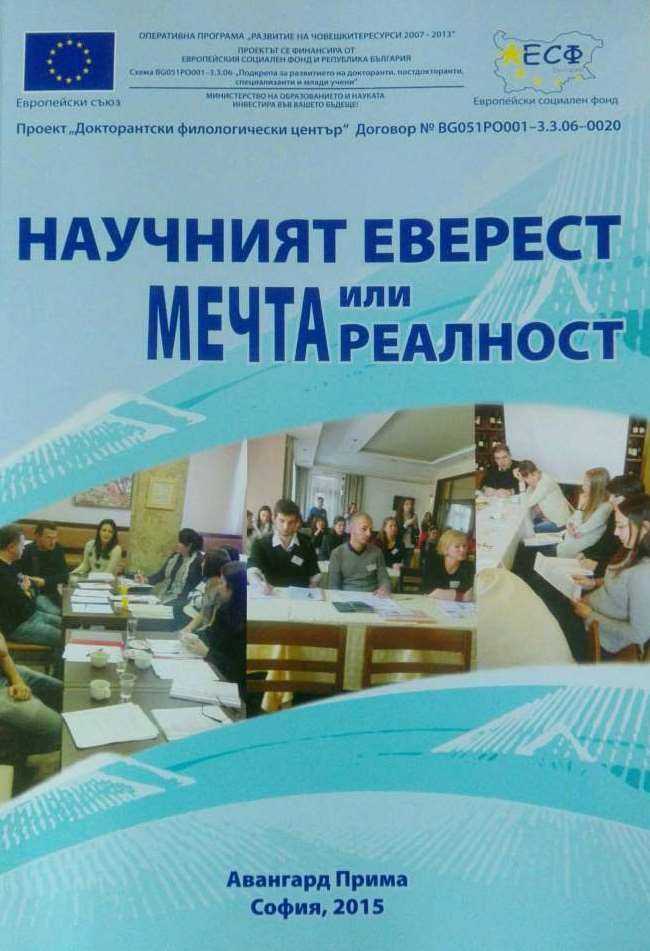Отношението между селото и града като художествени образи в българската проза от Освобождението до края на Първата световна война в контекста на проблема за страданието на патриархалния човек и на гражданина
The Relationship between the Town and the Village as Literary Images in the Bulgarian Prose from the Period between the Liberation and the End of World War I in the Context of the Problem of the Suffering of the Patriarchal Person and the Citizen
Author(s): Daniela Belichovska
Subject(s): Language and Literature Studies, Studies of Literature, Bulgarian Literature
Published by: ЮГОЗАПАДЕН УНИВЕРСИТЕТ »НЕОФИТ РИЛСКИ«
Keywords: suffering; the opposition city – village; patriarchal man; collective persona; citizen
Summary/Abstract: The relationship between the village and the city as literary subjects in the works of Ivan Vazov, Mihalaki Georgiev, Stamatov, Todor Vlaykov, Georgi Raychev, Anton Strashimirov for the most part acquires an adversative nature. The parameters of this opposition could be found in the separate areas of the lives of the citizen and the villager: the toponymic system, the types of contact in the village and the city, the problem of labor in both social structures etc. The subject of suffering of the patriarchal man and the citizen reveals a specific relevance between the two social structures (village, city), which is characterized by blurring the borders of the opposition between them, erasing the contrasts, and re-conciliating the characters of the villager and the citizen in one collective persona of the suffering man.
Book: Научният Еверест - мечта или реалност
- Page Range: 136-143
- Page Count: 8
- Publication Year: 2015
- Language: Bulgarian
- Content File-PDF

